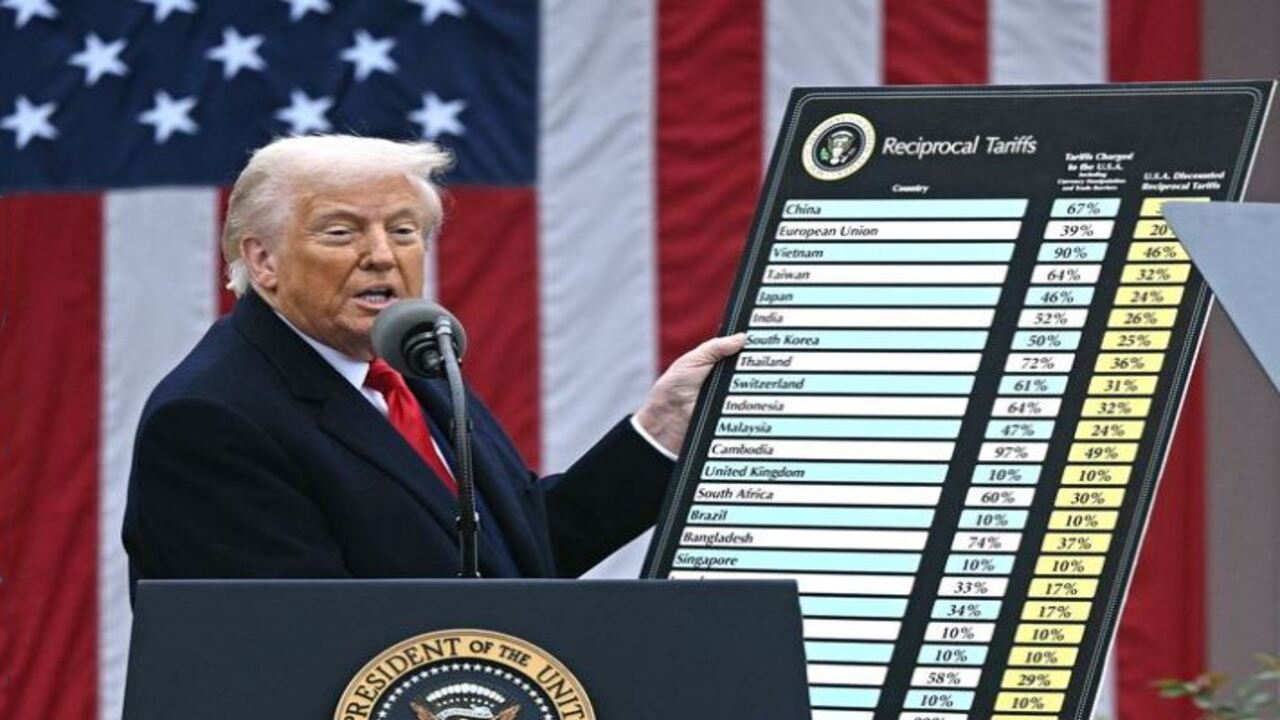
Trump Policy Exempts Tariffs for Smartphones, Laptops and Electronics from China
Tech by Android – Trump Policy Exempts Tariffs for Smartphones, Laptops and Electronics from China
In a surprising move, former U.S. President Donald Trump announced a major tariff exemption. The new Trump policy exempts tariffs on smartphones, laptops, and various electronics imported from China. The decision was officially made public on Friday, April 11, 2025, in Washington.
This development provides temporary relief to both American consumers and global technology firms. According to the U.S. Customs and Border Protection, a wide range of products will now qualify for the exemption. These include smartphones, laptops, flat-screen monitors, hard drives, semiconductors, and even machines used to manufacture chips.
Without this exemption, Chinese electronics would be subject to a 145% import tax. Products from other countries would face a base tariff of 10%. Despite the exemption, however, all electronics from China will still be subject to a 20% tariff introduced earlier in 2025.
“Read more : China Creates Hypersonic Machine, Can Circle the Earth in 2 Hours“
This policy shift is good news for major players such as Apple, Samsung, and Nvidia. These brands rely heavily on Chinese manufacturing and supply chains. The tariff relief will help them avoid significant price hikes. As reported by Tech by Android and techbyandroid.com, this decision aims to stabilize consumer electronics prices in the U.S. market.
Apple, for example, has a deeply rooted manufacturing network in China. Its flagship products, including the iPhone, iPad, and MacBook, are all made there. The new tariff exemption may save Apple billions in potential tax costs.
Forcing companies like Apple to shift production to the U.S. would be economically challenging. Apple’s supply chain has developed over decades, making relocation costly and complex. If forced to manufacture iPhones in the U.S., the price of each device could triple. This increase would result from both labor and infrastructure expenses.
While the Trump administration frames this policy as a strategic compromise, the broader economic impact is significant. The global stock market responded swiftly. Particularly affected were the “Magnificent Seven” — a group of seven tech giants: Apple, Microsoft, Nvidia, Amazon, Tesla, Alphabet, and Meta.
These companies collectively lost 14% of their market value after the full tariff policy took effect on April 2, 2025. That translates to a staggering $2.1 trillion (around Rp 35,264 trillion). As highlighted by Tech by Android, the market shock stems from investor fear over long-term trade instability.
The Trump policy exempts tariffs for now, but uncertainty still looms. Industry analysts argue that this exemption is a short-term fix rather than a permanent solution.
“Read more : How Music as Positive Energy and Mood Enhancing Experience“
Some analysts believe the tariff exemption shows the administration’s realization that sudden shifts in manufacturing are unrealistic. Transitioning tech production from China to the U.S. requires years of planning and investment. That’s especially true for complex products like smartphones and laptops.
Even if the government introduced subsidies or tax benefits, many companies might still hesitate. Building local factories involves land acquisition, skilled labor recruitment, and technology transfer. For companies like Apple, this could disrupt their entire operational flow.
Moreover, setting up new plants in America would not immediately match the efficiency of Chinese facilities. The Chinese tech manufacturing ecosystem offers speed, scale, and cost-effectiveness that U.S. plants may struggle to replicate.
Many experts speculate that Trump’s motivation goes beyond economics. The tariff exemption could be part of a larger political strategy to maintain public support ahead of future elections. Supporting American consumers and keeping electronics affordable may boost approval ratings.
Additionally, the exemption avoids backlash from tech companies and investors. With the stock market already reacting negatively, easing the burden on electronics could be seen as damage control.
Tech by Android mentions that some insiders in Washington see this move as a test. The administration may observe market reactions before deciding on broader tariff rollbacks.
Even with this exemption, the future remains uncertain. If tensions between the U.S. and China escalate, tariffs could return. Tech companies are already exploring manufacturing alternatives in Vietnam, India, and Mexico.
However, none of these countries currently offer the same level of efficiency as China. Therefore, American firms are likely to retain at least part of their Chinese operations. Until major infrastructure changes occur, the U.S. may need to rely on policy adjustments like this to keep prices stable.
Consumers should stay informed. If exemptions are lifted again, prices for everyday gadgets could soar. Industry observers believe the Trump policy provides only temporary relief rather than long-term economic clarity.
The announcement that the Trump policy exempts tariffs on key electronic imports highlights the complexity of global trade. While it offers temporary breathing room for both companies and consumers, the broader trade war narrative remains unresolved.
Technology giants must now walk a fine line between cost efficiency and political pressure. For consumers, this means potential fluctuations in product prices depending on the shifting landscape of U.S.-China trade relations.
Stay updated with techbyandroid.com for further insights into international trade and technology developments. This situation continues to evolve, and its impact could shape the tech industry for years to come.